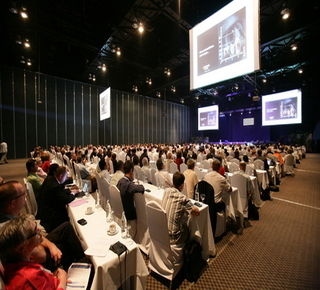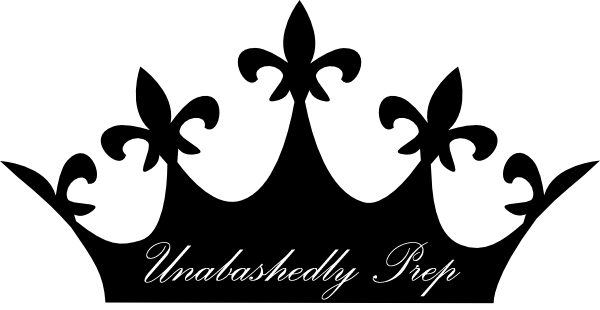Social media is not just popular among the youth but even to adults too. The possibilities are endless with it and you just don’t use it to amuse yourself when you are bored to death. When used properly, social media can take any business to considerable heights and can also help propel an artist’s popularity with the crowd. It can come in really handy in virtually everything you do these days, especially that the world has become highly digital and most of the data you have are taken and stored in a computing device. No wonder even doctors are hooked on it too. After all, they’re also humans with human tendencies despite being naturally brainy and gifted with special skills in healing the sick and the infirmed from years of studying and practical application of the theories they have learned.
 In medicine, you can’t deny how technology has been and has played a big role in improving science. Those in the medical profession persists because nothing is constant and we can only keep up with all the changes in today’s world by conducting and attending medical conventions and conferences were medical peers can discuss important issues and breakthroughs in the medical world. What used to be a private event where only those who attended are privy of, attendees can now share glimpses of the event to third parties through social media. The issue on ethics, among others, has come up as to whether it is alright for doctors attending these conventions to broadcast the event to others or are they violating the rights of the organizers/presenters by doing it without their permission.
In medicine, you can’t deny how technology has been and has played a big role in improving science. Those in the medical profession persists because nothing is constant and we can only keep up with all the changes in today’s world by conducting and attending medical conventions and conferences were medical peers can discuss important issues and breakthroughs in the medical world. What used to be a private event where only those who attended are privy of, attendees can now share glimpses of the event to third parties through social media. The issue on ethics, among others, has come up as to whether it is alright for doctors attending these conventions to broadcast the event to others or are they violating the rights of the organizers/presenters by doing it without their permission.
But can physicians get in trouble by tweeting from conventions? Are some doctors getting too eager to release embargoed or confidential information?
Might Doctors Jeopardize Their Colleagues’ Work?
Some host organizations suggest that Twitter users are improperly taking information that is the intellectual property of the presenters. The American Academy of Family Physicians (AAFP) states that sharing data at meetings “may preclude subsequent publication of the data in a scholarly journal. Please do not jeopardize your colleagues’ work!”
(Via: https://www.medscape.com/viewarticle/890979)
Live tweeting has been cited as doctors attending these conventions share what’s shown on the slides and almost broadcast the entire event to their friends and followers. What’s mentioned earlier is the violation of intellectual property rights since presentations during medical conventions contain proprietary information that is not intended for public use and only to be shared with the participants of the event. This has been a cause of debate and doctors who are pro and against the sharing of all these information during medical conventions and many are still torn up to now when it comes to this topic.
However, the American Society of Clinical Oncology issued a statement to Healio.com that states, “While we are unable to comment on the policies of other organizations, our policy for our annual meeting and thematic meetings is to allow non-flash photography and audio or video recording using hand-held equipment for strictly personal, social, or noncommercial use, as long as it is not disruptive. Additionally, we believe social media is a helpful tool to share educational information, and as an educational organization we felt that embracing it and allowing the content from the meetings to be seen by others was positive.”
Healio.com spoke with clinicians from leading institutions about the possible implications, drawbacks and benefits of organizations prohibiting medical conference attendees from taking photos of oral abstract and poster sessions and sharing those images on social media sites.
As you can see, it is already accepted by some organizations but it is still a work in progress, meaning they still continue to get the feedback of the doctors to determine whether allowing them to share whatever is being discussed online on social media if it is helpful or not to the practice of medicine. In the end, the welfare of the people is still what’s important and as one of the most looked up to professionals in the world today, doctors should know better how to make use of social media to improve their profession and not take advantage of the work of their peer for their own personal gain which should say a lot about their values and ethics as medical professionals.
